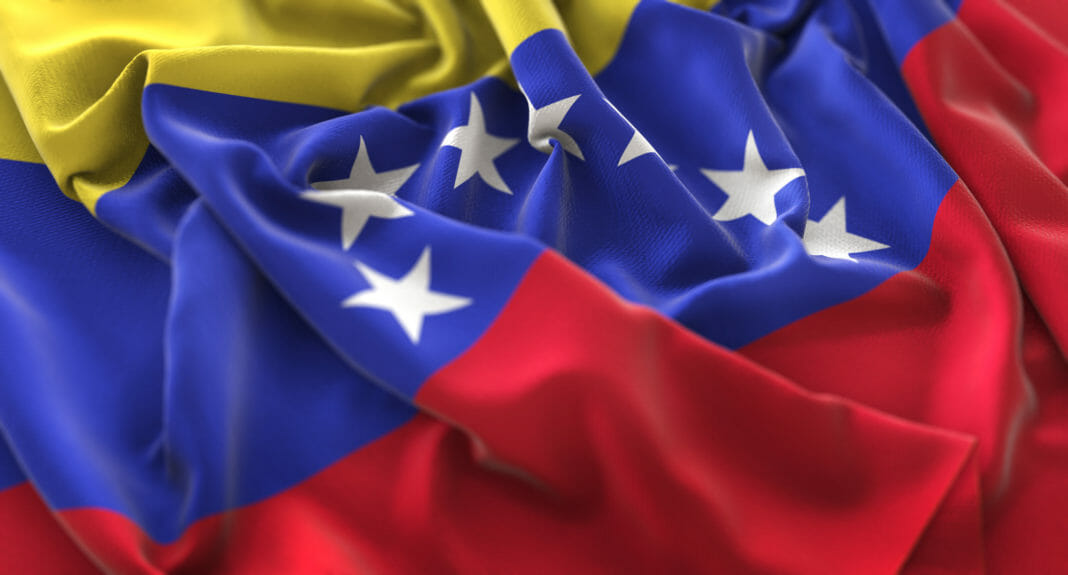Traders expressed that they must sacrifice their economy to comply with the tax structure. Users believe that bitcoin is once again gaining prominence in the country.
Cryptocurrency payments, especially bitcoin, are now a standard payment method in Venezuela. The crypto active can be helpful to carry out cross-border transactions and also as an excellent alternative to solve the shortage of local currencies that has prevailed in the country for many years due to an inflationary way.
The purchase of various services, items, goods, or food and paying for them with currencies like bitcoin is the best alternative for those who manage digital assets. Because of this situation, the Venezuelan community receives with joy the news about a new business receiving currencies such as bitcoin as a payment method.
On the other hand, the IGTF in Venezuela employs the taxation policy on payments with digital assets other than the petro (the local digital asset) in businesses or entities labeled by the Seniat as particular taxpayers.
Every time a Venezuelan citizen arrives at a business to pay with bitcoin or other crypto assets, they will have to give the 3% rate requested by the taxation policy. This payment only becomes effective before the Special Taxpayers (SPE), the agents positioned by the Seniat in charge of gathering the new tax.
So a Bitcoin user or bitcoiner, when making a payment to a particular taxpayer, will have to study if he does it directly with the digital asset or if he uses one of the exchange platforms active in the nation to exchange his BTC for bolivars.
Payments and financial operations under legal tender in Venezuela are free from the new taxation policy, but at least 5% of the active amount could get lost during the financial operation. So, paying directly with BTC may be more advantageous.
Users argue that Bitcoin would continue to impose itself as the best alternative to carry out financial activities in the nation. These users believe that if bitcoin remains the best alternative to carry out payments and financial operations, there is no problem regarding this new taxation policy.
The IGTF is Draining Pockets Everywhere
The IGTF, or tax on payments in foreign currency, represents a new menace for ordinary citizens residing in Venezuela and small and medium-sized business people aiming at consolidating their business on Venezuelan grounds.
According to merchants, a 3% tax on payments in foreign currency got modified by the commercial chain at the very moment the new taxation policy got revealed. Now, merchants have to give this double tax each time they acquire a new item or pay for services with foreign currencies such as dollars or bitcoin.
Other merchants describe the new foreign exchange tax as a non-sense procedure led by the current Venezuelan Administration. These regulations oblige small businesses to obtain new fiscal devices to collect a tax that will give them zero benefits.
By: Jenson Nuñez











